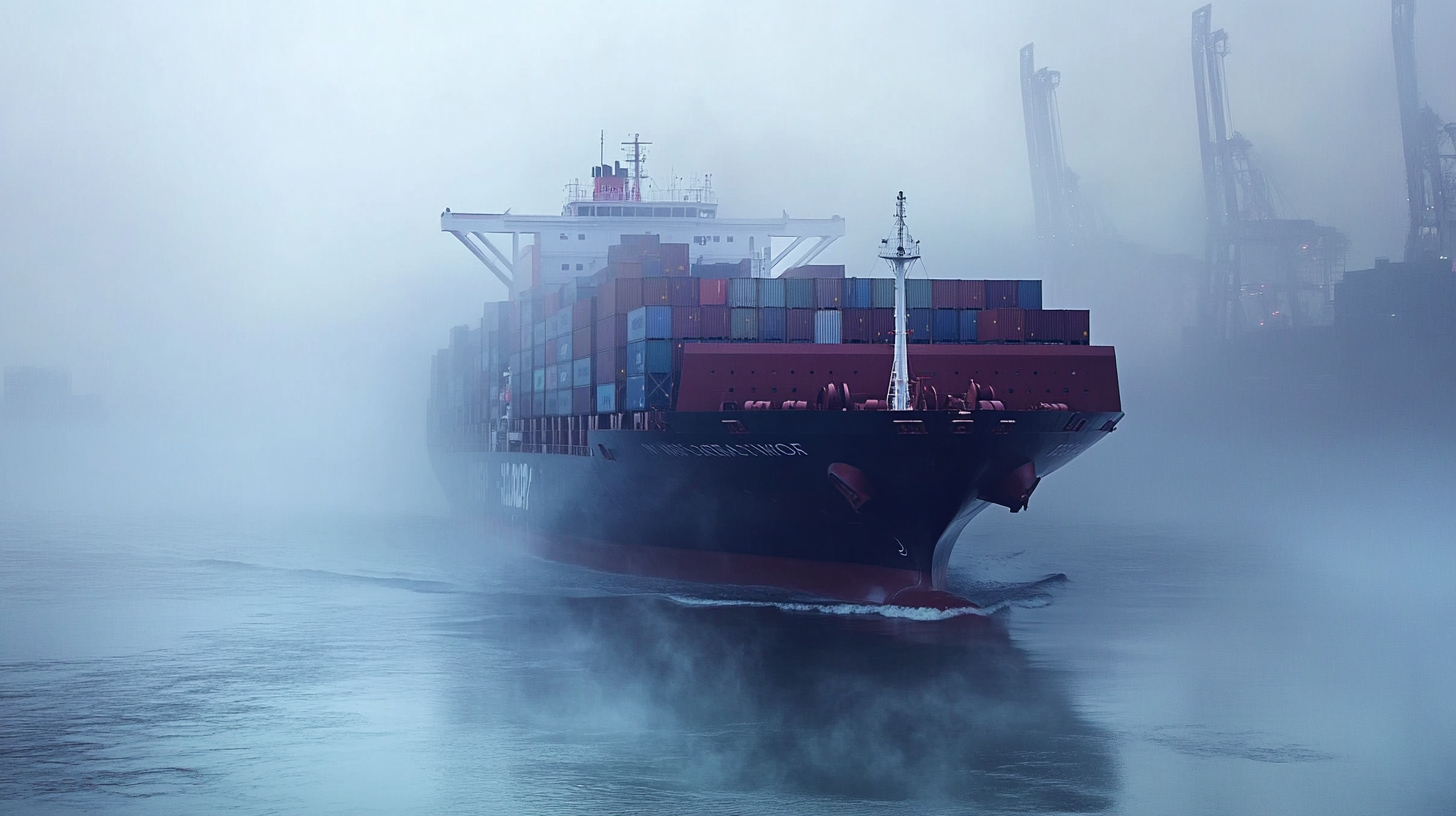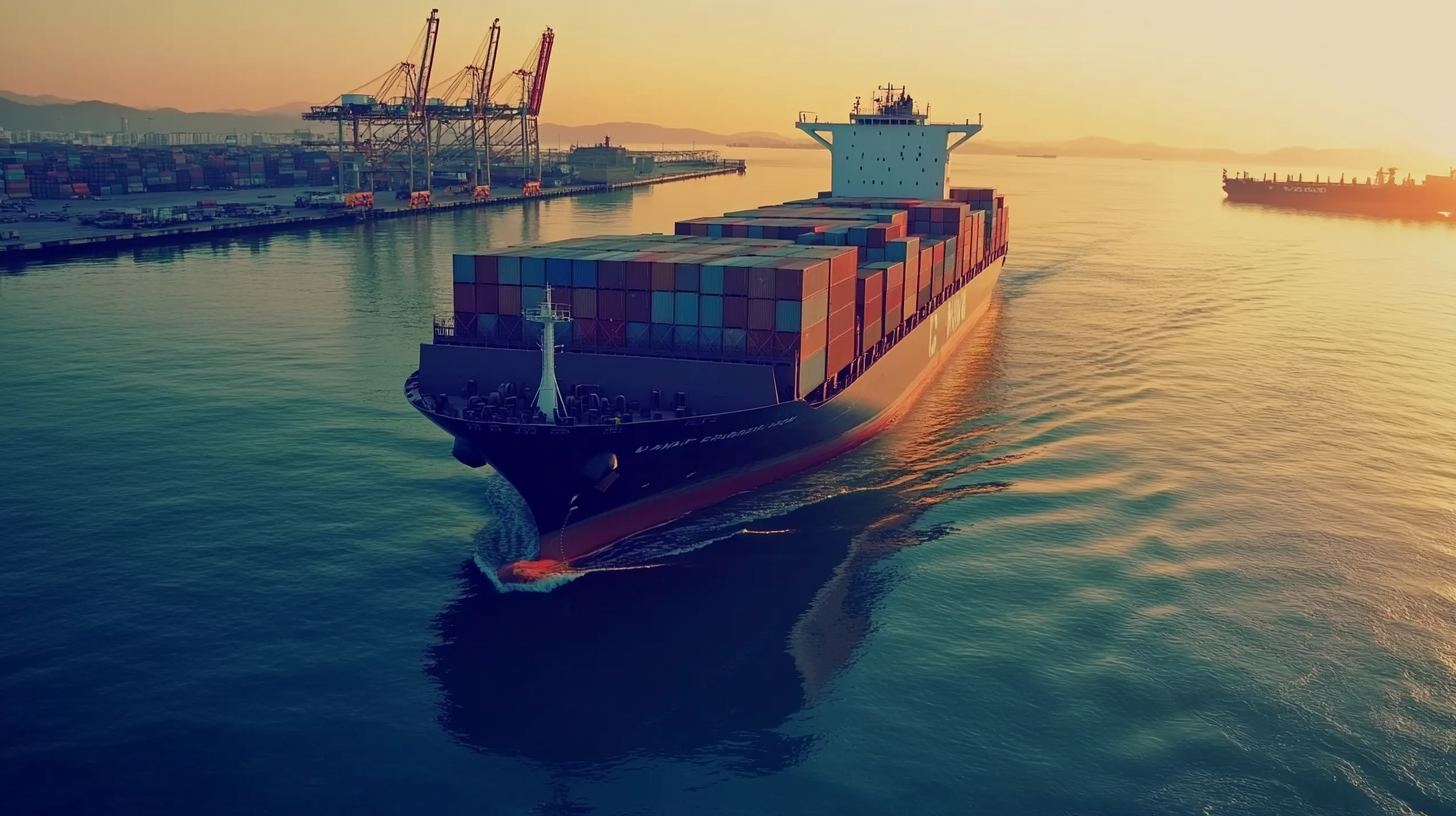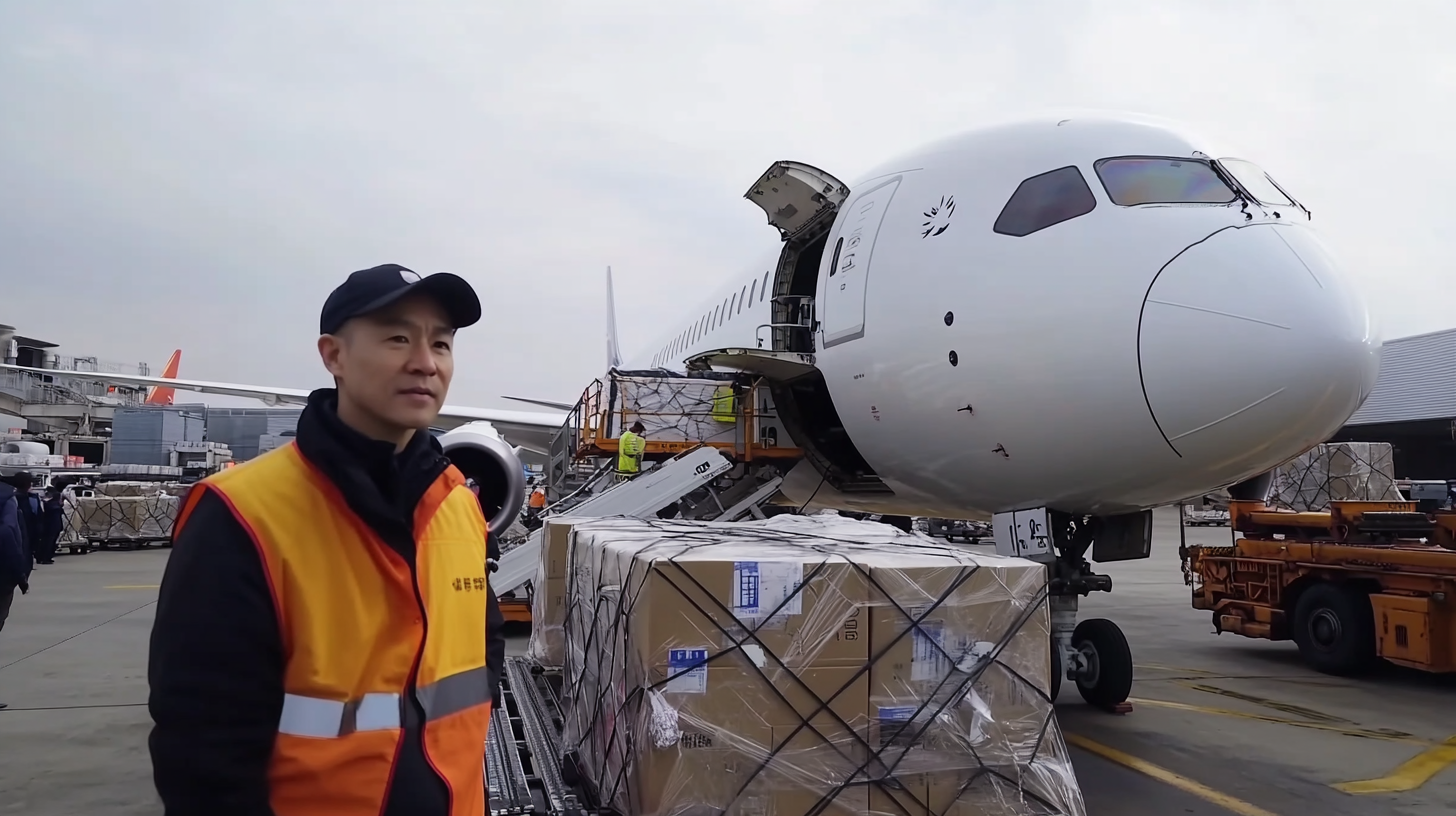In the dynamic landscape of global trade, the ongoing tensions between the United States and China have posed significant challenges, particularly within the realm of tariffs. Despite these hurdles, China's cargo services sector has exhibited remarkable resilience and even growth. As tariffs fluctuate, Chinese manufacturers are leveraging innovative logistics solutions and strategic partnerships to navigate these complexities. This blog explores how China's cargo services have managed to not only survive but thrive in an environment marked by trade disputes and economic uncertainty. By examining the strategies employed and the evolving role of technology, we will uncover the ways in which China's cargo services continue to strengthen their position on the global stage, showcasing an inspiring narrative of adaptability and success amidst adversity.

The ongoing trade tensions between the US and China have created a complex landscape for global commerce. Tariffs imposed on a range of goods not only disrupt traditional supply chains but also compel companies to reassess their procurement and logistics strategies. As businesses grapple with increased costs and uncertainty, the intricate interplay of tariffs is reshaping trade dynamics on an unprecedented scale. The imposition of tariffs acts as a catalyst for companies to diversify their suppliers and explore new markets, highlighting the urgency of adaptability in a volatile environment.
Within this context, China’s cargo services have emerged as a lifeline for many enterprises. By providing efficient logistics solutions, these services enable businesses to navigate the challenges posed by tariffs. The strategic positioning of China's cargo services allows companies to optimize their shipping routes and minimize disruptions caused by changing trade policies. Furthermore, the flexibility offered by these services is crucial for those aiming to maintain competitiveness in the face of escalating tariffs. Thus, the resilience and innovation within China’s cargo sector serve as a testament to the adaptability required in the current global trading environment, underscoring the broader implications for US-China relations.
In the era of escalating US-China trade tensions, Chinese cargo services have developed innovative strategies to navigate challenges posed by tariffs and trade barriers. These companies have pivoted towards diversification of their supply chains, enabling them to maintain operational flexibility. By establishing robust partnerships with local and international logistics providers, they can optimize routes and avoid potential disruptions, ensuring timely deliveries.
**Tip:** Consider leveraging technology to enhance tracking and transparency in cargo movement. Utilizing advanced logistics platforms can improve efficiency and provide real-time updates, building trust with clients while adapting to changing conditions.
Moreover, fostering strong relationships with partners across the globe has been crucial. Chinese cargo services are investing in training their personnel to understand the nuances of international trade policies and compliance requirements. This knowledge allows them to offer personalized solutions that cater to specific client needs and navigate the complexities of global logistics.
**Tip:** Regularly assess and update your logistics strategies based on the evolving geopolitical landscape. Staying informed about trade policies can help your business pivot swiftly and seize new opportunities as they arise.

In the midst of escalating trade tensions between the US and China, a unique landscape of opportunities has emerged for China's cargo services. As tariffs increase, many businesses are re-evaluating their supply chains, leading to a surge in demand for efficient logistics solutions. China's ability to adapt swiftly to these challenges, leveraging a vast network of infrastructure and technology, positions it well to capture this shift in global trade dynamics.
Tips for businesses looking to navigate these changes include diversifying supply sources and investing in technology that enhances logistical efficiency. Adopting an agile supply chain model can allow companies to respond quickly to fluctuating tariffs and regulations, ensuring they remain competitive. Moreover, building strong relationships with local service providers in China can facilitate smoother operations and mitigate risks associated with international shipping.
As companies are forced to rethink their trade strategies, those aligned with China’s logistical capabilities can thrive. Exploring alternative routes and modes of transport can also provide cost-effective solutions, enabling businesses to maintain their profit margins despite increased tariffs. In this evolving trade environment, seizing emerging opportunities is key to long-term success.
In an era marked by increasing US-China trade tensions, the cargo services sector in China is thriving by embracing technological innovations. The air cargo industry, crucial for facilitating global trade, is experiencing a transformative wave driven by advancements in technology. As logistics providers pivot to meet changing customer demands, new tools and platforms are being integrated to streamline operations and enhance efficiency. Automation and digital logistics play pivotal roles in reducing costs and expediting delivery times. These innovations not only address immediate tariff challenges but also position companies for long-term growth.
Simultaneously, the maritime industry is witnessing a significant digitalization shift. The adoption of smart shipping technologies is revolutionizing the sector by improving sustainability, safety, and operational efficiency. With rising global environmental concerns, these advancements are not just about economic benefits; they also align with the industry's goals to minimize emissions. As cargo services continue to innovate, they are setting a new standard for operational excellence, illustrating that even in uncertain times, technological progress can foster resilience and adaptiveness in global trade.

As the trade tensions between the US and China escalate, the landscape for cargo services has become increasingly complex. Yet, despite these challenges, China's cargo industry is not only surviving but adapting to thrive in this unpredictable environment. With a robust infrastructure and a strategic focus on efficiency, Chinese logistics firms are leveraging technology to optimize operations and reduce costs, ensuring they remain competitive in the global market. By diversifying their trade routes and expanding into emerging markets, these companies are finding new opportunities even amid uncertainty.
Looking ahead, the capacity for sustained growth in the face of fluctuating trade policies hinges on innovation and resilience. As tariffs fluctuate and regulations shift, the adoption of advanced technologies, such as artificial intelligence and blockchain, will play a crucial role. These innovations enable better tracking, increased transparency, and enhanced supply chain management, which are vital in maintaining customer trust and operational efficiency. Furthermore, fostering partnerships with international stakeholders and investing in alternative trade channels could pave the way for continued expansion. The ability to navigate challenges while embracing change will be key to securing a prosperous future in an unpredictable trade environment.






